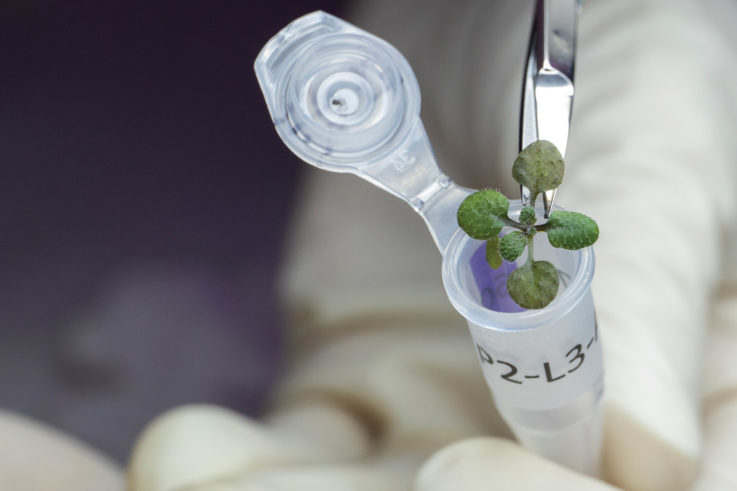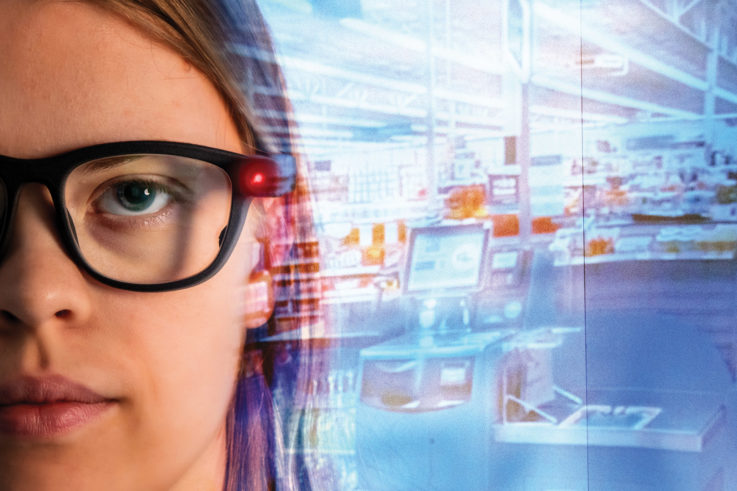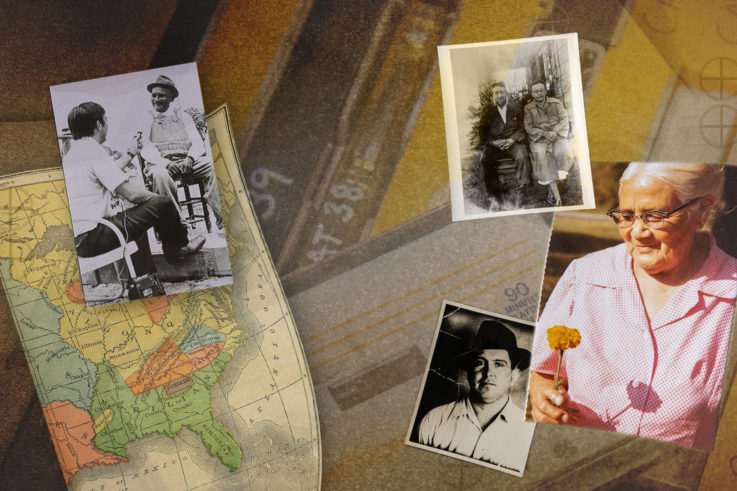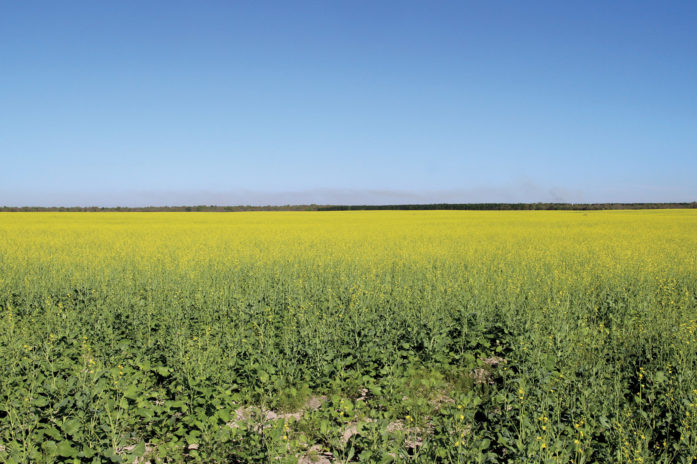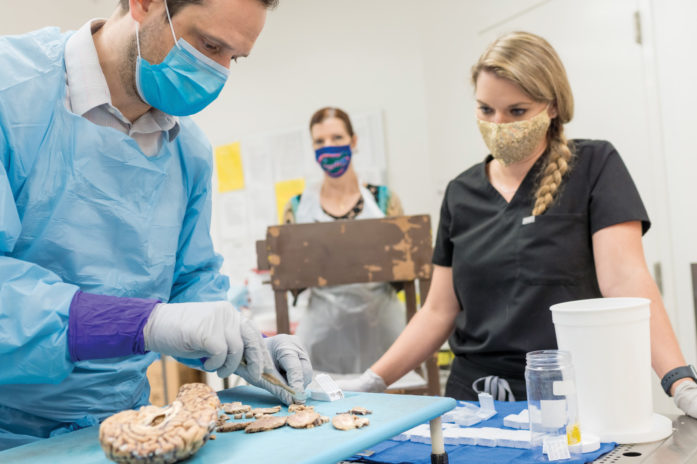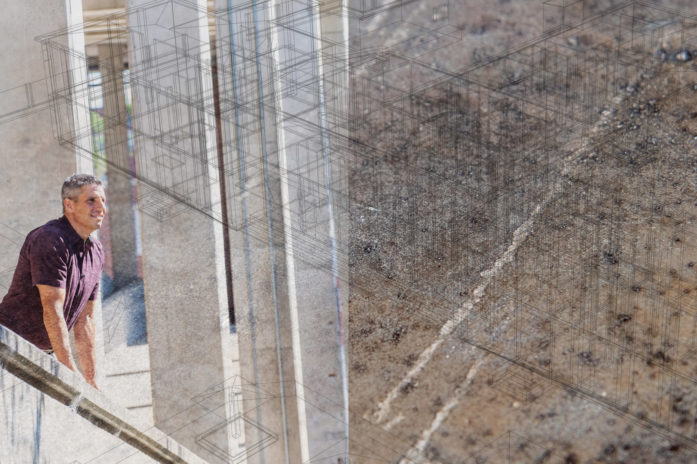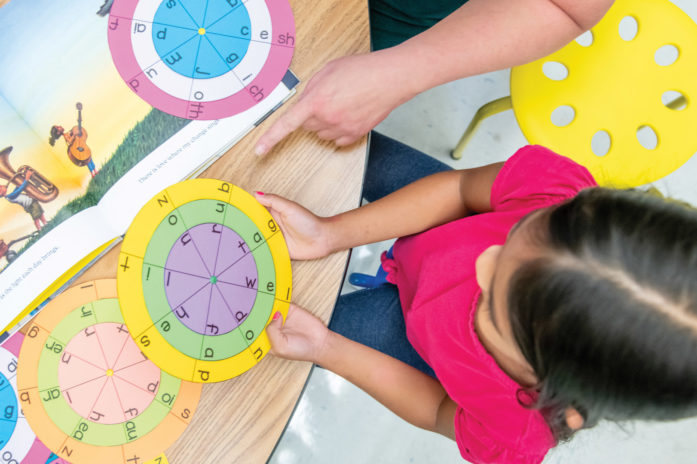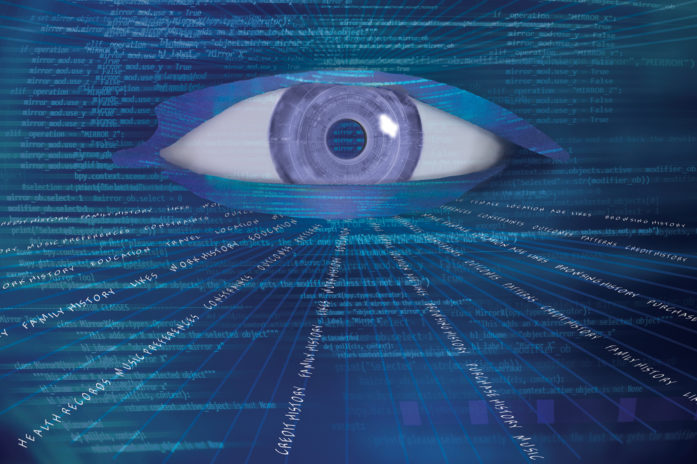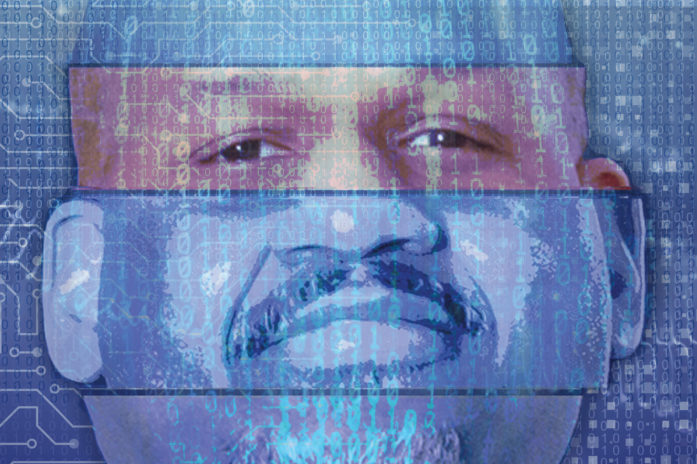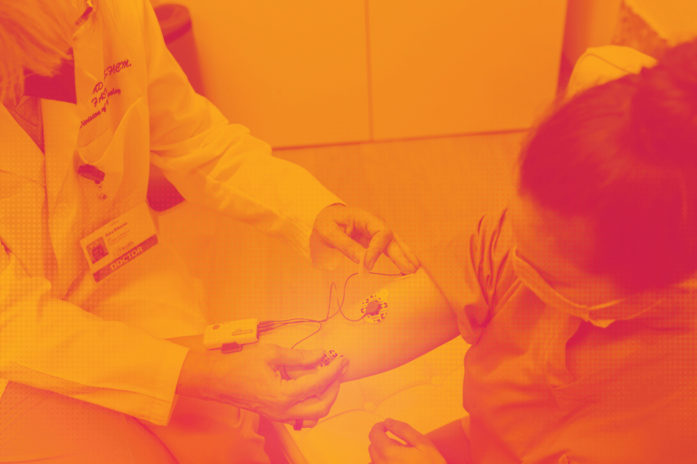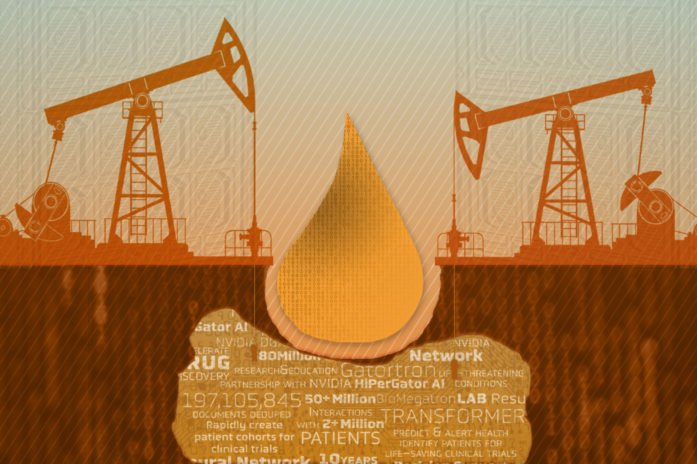A safe seems an unlikely place for a box of soil. Unless it’s the rarest, most valuablesoil on Earth. So...
PositionGraphic Designer
JoinedJanuary 18, 2017
Articles71
Head up to the second floor of the University of Florida’s Innovation Hub and you might find yourself in the...
When University of Florida historian Samuel Proctor and his team of volunteers fanned out across the southeastern United States in...
Agronomist David Wright sees a future where jet fuel comes from a field of yellow flowers. The flowers top the...
Growing up in the foothills of the Bavarian Alps, Stefan Prokop imagined he would follow in the footsteps of his...
The earliest known use of concrete is a floor that dates back to Galilee, circa 7000 BCE, still sound when...
Shauna Quirk has a degree in Spanish and arrived at a career in teaching by roundabout means. So a few...
Artificial intelligence and computer science researchers say getting machines to do the right thing has turned out to be relatively easy. We program Roombas to vacuum our homes, but don’t expect them to brew our coffee. We program robotic arms to sort parts in factories, but not to decide which colors to paint cars. We program doorbells to tell us who is at the door, but not to let them in. Most of our machines do one thing and do it well, usually in error-free fashion. They get the task right.
The frontiers remaining in the natural world today are not in the thickest jungles, deepest oceans and highest mountains. For...
When you can’t trust your own eyes and ears to detect deepfakes, who can you trust? Perhaps, a machine. University of Florida researcher Damon Woodard is using artificial intelligence methods to develop algorithms that can detect deepfakes — images, text, video and audio that purports to be real but isn’t. These algorithms, Woodard says, are better at detecting deepfakes than humans.
Azra Bihorac says one of the most important collaborations for doctors and nurses in the future will be with the...
Not so long ago, a scientist might say she could never have too much data. Even today, in a world drowning in data, it is better to be data-rich than data-poor.

